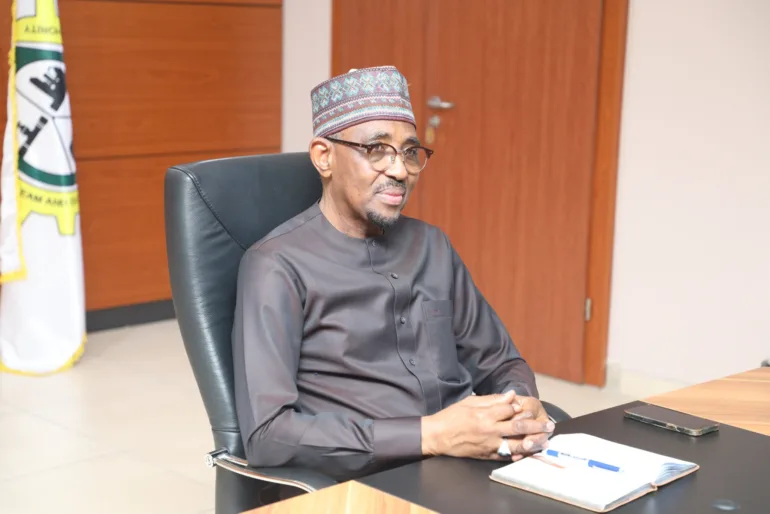The Nigerian Midstream and Downstream Petroleum Regulatory Authority (NMDPRA) on Wednesday in Abuja commenced a two-day performance review session with companies holding gas distribution licences.
According to a statement from the regulator, the review is conducted in line with the provisions of the Petroleum Industry Act (PIA), which mandates regular assessments to monitor industry performance and the quality of services provided by licensed operators.
The review focuses on regulatory compliance, operational efficiency, and adherence to Health, Safety, Environment, and Compliance (HSE&C) standards within licensed gas distribution activities.
This development coincides with ongoing concerns over Nigeria’s low power generation capacity, as the Federal Government seeks to boost gas production and utilization nationwide.
Speaking recently during a tour of the Dangote Refinery in Lagos, Alhaji Aliko Dangote, President of the Dangote Group, highlighted the stark disparity between Nigeria’s power output and its potential.
Dangote noted that his conglomerate alone generates over 1,500 megawatts (MW) for internal consumption, arguing that Nigeria should be producing far more power.
“We as a company alone are producing, group-wide for our consumption, over 1,500 MW. So Nigeria should not be at three times what we are producing as a country. Nigeria should be generating about 50,000 to 60,000 MW,” he said.
Currently, Nigeria generates roughly 5,000 MW of electricity for a population exceeding 200 million people.
Dangote described the refinery’s achievements as proof that large-scale industrial projects are feasible in Nigeria, including in the power sector.
“What we have done here shows there’s nothing impossible. All this can be replicated in our power sector. There’s no reason why Nigeria should be generating just 5,000 MW,” he added.
He also emphasized that building the refinery was more challenging than increasing Nigeria’s power generation to 30,000 MW, underscoring the need for stronger private sector involvement.
“What we have done here is much more difficult than making Nigeria 25,000 or 30,000 megawatts of power with transmission and distribution. But it’s not the government’s responsibility alone,” Dangote said.


